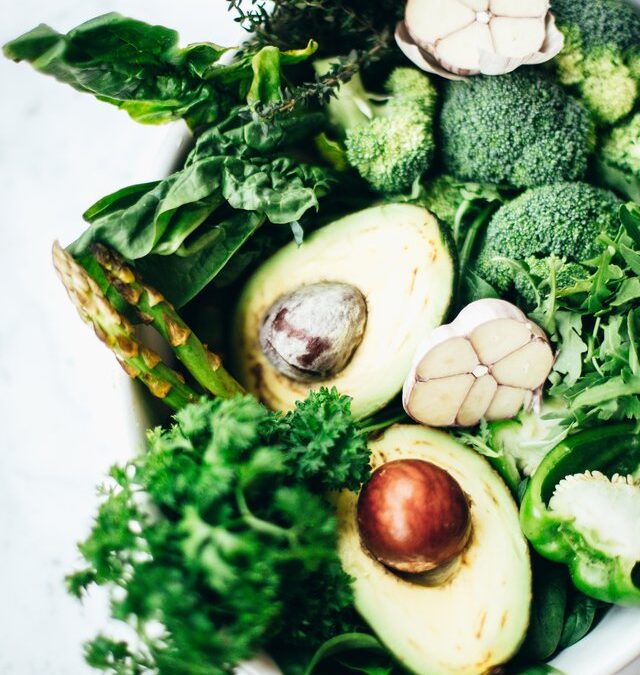What is CoQ10?
CoQ10 stands for coenzyme Q10, but a similar form of it is often referred to as ubiquinol. This is an apt name for it ,as CoQ10 is found naturally throughout the body in cell membranes, particularly in the mitochondrial membranes. It is most abundant in organs that have larger energy demands, such as the heart, lungs, liver, kidneys, spleen, pancreas, and adrenal glands.
As a nutrient, CoQ10 is essential for the proper functioning of cells, with one of its main jobs being to aid in the production of energy. Nonetheless, like many things, the availability of CoQ10 can decrease as we age. In fact, CoQ10 levels peak at around age 21 and then decrease over time, lowering by as much as 65% by the time we reach 80 years of age.
What are the Benefits of CoQ10?
In addition to aging, levels of CoQ10 often decrease due to external factors, such as stress, medications, disease, and nutritional deficiencies, resulting in more rapid cellular aging. Often defined as the progressive deterioration of the resistance to stress and cellular damages, cellular aging causes a slow yet steady loss of cellular functions which eventually result in cell death. This in turn can cause a number of problems, including difficulties with energy levels, brain function, and muscle function.
Luckily, ensuring you get enough CoQ10 in the diet has been linked to a variety of health benefits, such as reduced migraines, improved brain health, and even slowing the aging process. While a balanced diet can help maintain good CoQ10 levels, many experts encourage the use of supplements for healthy individuals over 50, for people with particular health conditions, and for those taking certain medications.
Additional benefits of CoQ10 include: protecting cells from Oxidative Stress, reducing migraines, reducing signs of skin aging, improving heart health, increasing energy levels, maintaining brain health, protecting lung health, improving insulin sensitivity, and relieving muscle soreness.
Where Can you Find CoQ10?
It’s clear that CoQ10 is a valuable nutrient that can positively impact your health and well-being. CoQ10 is available through dietary choices as well as in diet supplement form. Your first and best option, of course, is your food choices.
CoQ10 is found naturally in a wide variety of foods, including:
- organ meats like heart, liver, and kidney
- some muscle meats, such as pork, beef, and chicken
- fatty fish, including trout, herring, mackerel, and sardines
- vegetables, such as spinach, cauliflower, and broccoli
- fruits like oranges and strawberries
- legumes, including soybeans, lentils, and peanuts
- nuts and seeds, such as sesame seeds and pistachios
- oils, like soybean and canola oil
Although diet is always a great source of necessary nutrients, it can sometimes be difficult to consistently consume adequate amounts of CoQ10-rich foods. CoQ10 supplements can be purchased at pharmacies and health food stores.


Recent Comments